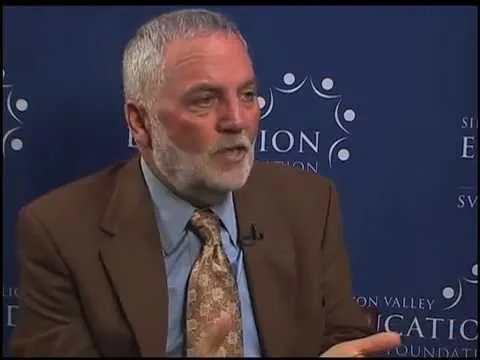Ally Admits: Organized Labor ‘Works Against the Public’s Interest’ on Multiple Issues

Prop. 32 an unbalanced ‘reform’ plan – California Teachers Association
Unhappy Californians Still Embrace the Failed Status Quo

On September 17, the San Francisco Chronicle pleased the hierarchy of the California Teachers Association (CTA/NEA) union by publishing an editorial denouncing Prop. 32, a “paycheck protection” initiative. Proponents hope it will curtail the inordinate power of Big Labor and other special-interest groups in the Golden State.
The Institute’s interest today is not in addressing whether or not Prop. 32 would actually prohibit the political use of forced union dues and fees siphoned out of employees’ paychecks and other payroll deductions, as its supporters claim. It suffices to say for now that CTA and other government union kingpins regard this measure as an attack on themselves and are determined to defeat it.
The Chronicle opposes Prop. 32 on the grounds that it doesn’t do enough to curtail “corporate influence” in Sacramento, even though Prop. 32 actually establishes the same rules for unions and businesses and, in any case, businesses and trade associations have a very poor track record of getting what they want in California’s capital, especially compared to Big Labor.
As lame as it is, the Chronicle’s editorial against Prop. 32 so impressed CTA bosses that they actually tout the newspaper’s opposition and furnish a link to the editorial itself on their anti-Prop. 32 web page. (See the first link above.)
Apparently, it doesn’t bother CTA President Dean Vogel and his lieutenants one bit that even their allies at the Chronicle recognize that they have a heavily detrimental impact on the state of California. If this is what Mr. Vogel’s friends say about him, without even provoking any protests on his part, imagine how harmful the CTA brass’s outsized influence really is:
There is no question that organized labor has a powerful grip on the State Capitol, and that works against the public’s interest on issues such as education reform, government efficiency and pension reform. But corporations also have great clout in Sacramento.
On Friday, public-policy observer and think-tank leader Steven Greenhut called attention to the irony that even the Chronicle’s editorial page grasps “the heart of the problem” for California. (See the second link above.) The question is whether the state’s elected officials will have the wisdom to eliminate, or at least substantially roll back, monopolistic unionism in the government sector before California goes completely bust.

